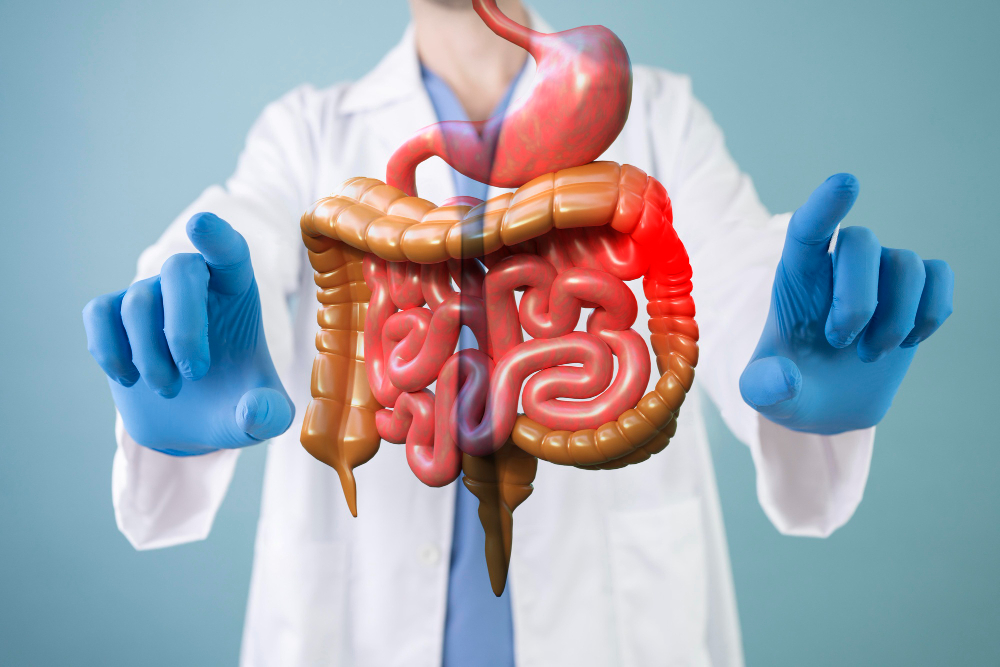John Doe
General SurgeonPretium saepe pariatur ornare cillum repudiandae inceptos iaculis cumque vulputate sequi neque quos exercitation aliquip interdum, veniam? Aute error, elit!


Gastroenterology focuses on the diagnosis and treatment of diseases affecting the digestive system, including the stomach, intestines, liver, pancreas, and esophagus. Digestive disorders can range from mild to severe, impacting overall health.
Gastrointestinal diseases include common conditions like acid reflux, irritable bowel syndrome (IBS), and ulcers, as well as more serious conditions such as Crohn’s disease, hepatitis, and colorectal cancer. These conditions can affect digestion, absorption of nutrients, and bowel function.
Gastrointestinal disorders can result from various factors, including infections, poor diet, genetic predisposition, alcohol consumption, smoking, and stress. Certain conditions like inflammatory bowel disease (IBD) or liver diseases may also develop due to autoimmune issues or long-term medication use.
Symptoms of digestive disorders vary but commonly include abdominal pain, bloating, heartburn, nausea, vomiting, diarrhea, constipation, and blood in the stool. In severe cases, unexplained weight loss, jaundice, or persistent fatigue may be signs of a more serious underlying condition.
Treatment options depend on the specific condition and can include dietary changes, medications like antacids or anti-inflammatory drugs, and lifestyle adjustments. For more severe conditions, endoscopic procedures or surgery may be required.
Preventive measures involve maintaining a balanced diet rich in fiber, staying hydrated, avoiding excessive alcohol and smoking, and managing stress. Regular health check-ups and screenings, especially for those at risk of digestive disorders, are key to early detection and effective treatment.